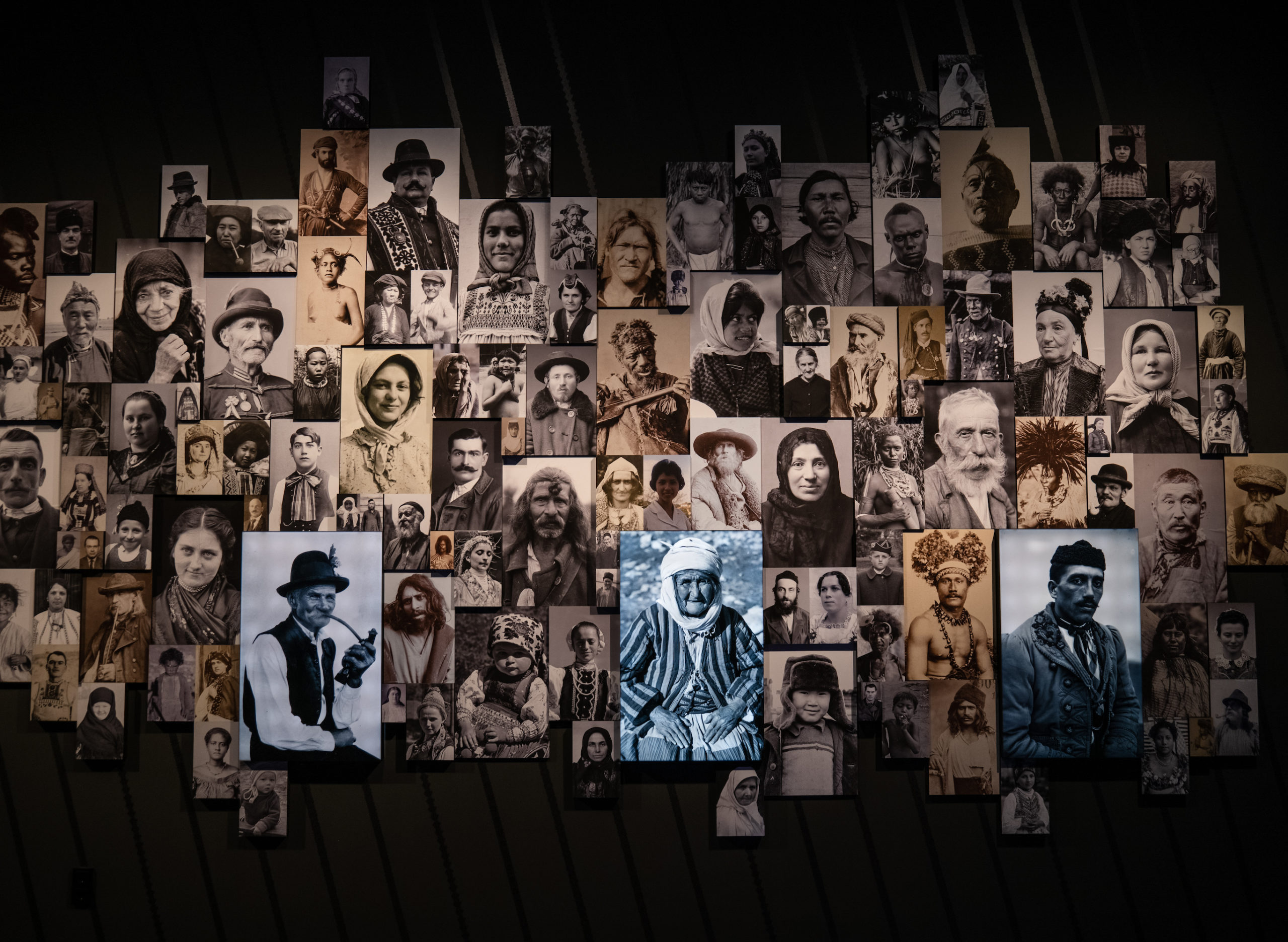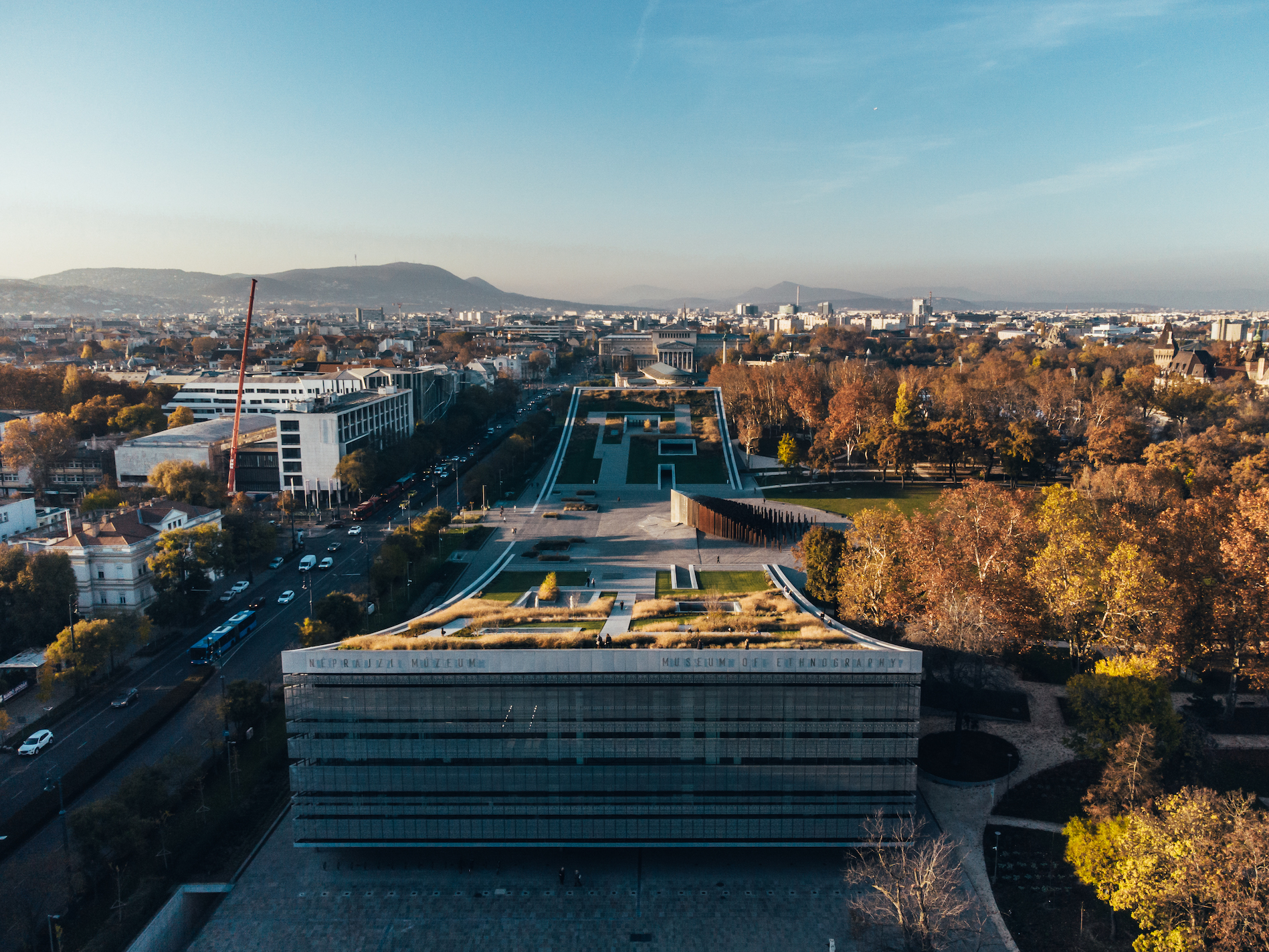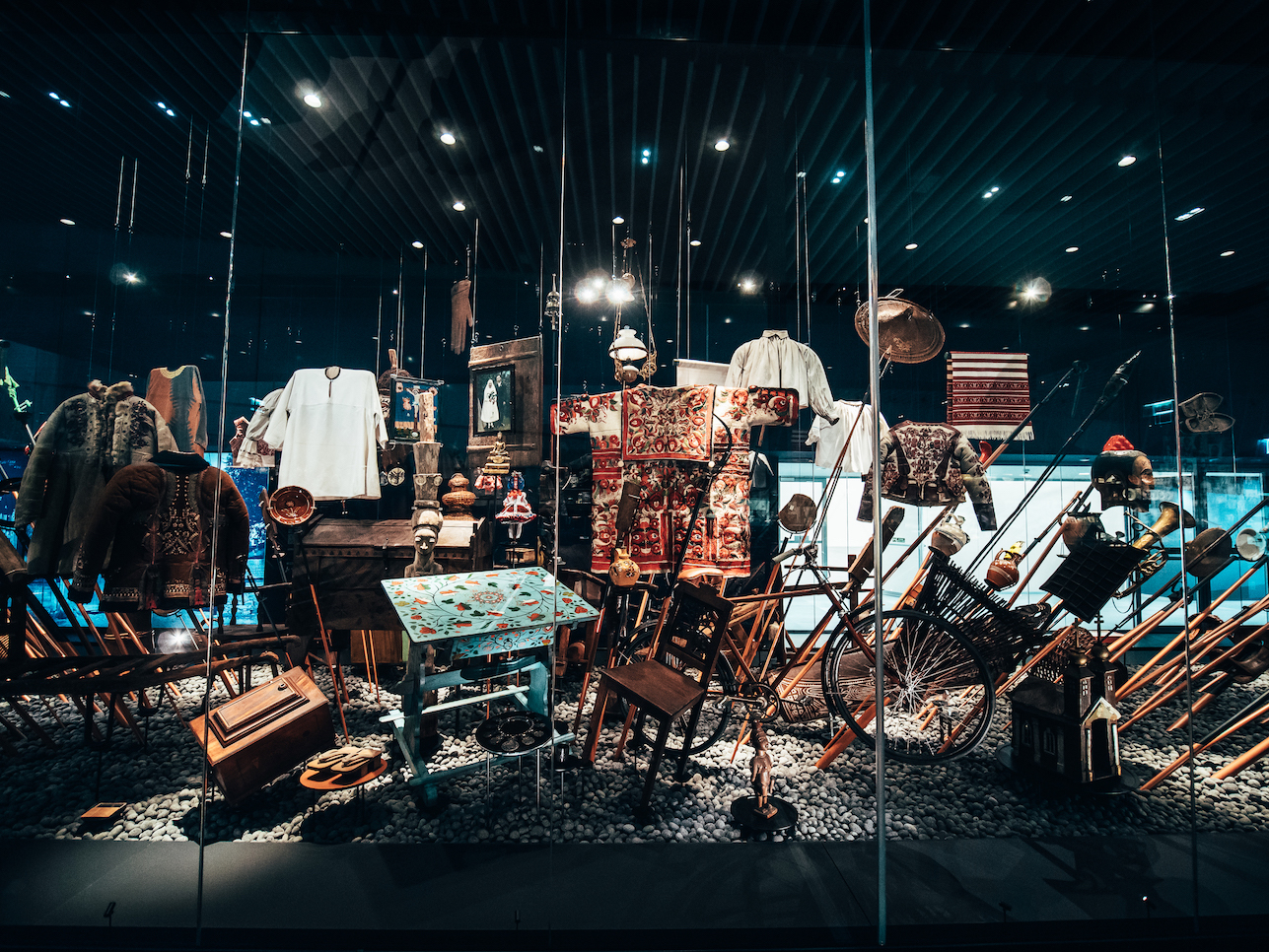ICME 2023 Annual Conference
Musuems and Change: Transforming Our Institutions for the Future
03-05 December, 2023
Ethnographic Museum, Budapest-Hungary

We are delighted to announce the ICME 2023 Annual Conference – Museums and Change: Transforming Our Institutions for the Future. Our Annual Conference has been organised in collaboration with the Museum of Ethnography in Budapest, Hungary and will be hosted in their ‘new home’, in the City Park of Budapest, from 03-05 December 2023. The final conference programme is available below.
Conference programme book
Conference programme
Call for Papers
Conference Registration
Accommodation info
Payment info
Venue info
Airport transfer info
Conference theme
The issue of change is not a new one in the museum sector. If there is one constant in our sector it is the imperative for museums to adapt to constant sociopolitical, economic, and environmental change and its associated uncertainties. Michael M. Ames (2013: 4) has argued that ‘the future of successful museums will be of constant repositioning to adapt to, or outwit, the forces of change’. The paradoxical nature of organisational change within museums has been emphasized by Robert J. Janes in his groundbreaking ‘Museums and the Paradox of Change’ (2013), which points to the multiple challenges and opportunities of museum change.
During the last decade, diverse events have affected our planet including migratory and health crises, demands for cultural integration, political instability, and climate change. For instance, Europe, Latin America and the Caribbean, Africa and Asia have witnessed unprecedent numbers of refugees and migrants. At the same time, the earth’s biodiversity has seen alarming declines due to changes in land and sea use, overexploitation by extractive industries, invasive species or pollution. Discontent has also led to massive protests across the globe. Cultural, socioeconomic, and political change are impacting people’s lives, their perceptions of the future, and the way museums are communicating our shared histories to new generations. Museums have strived to stay relevant, turning into spaces for self-representation, social awareness, emotional understanding and environmental activism, strengthening the fragile social tissue in many countries and fostering hope in their communities.
Arguably, however, the early 2020s have witnessed an especially significant wave of change within the museum sector triggered by major socioeconomic events including the resurgence of the Black Lives Matter and decolonizing movements, the Covid-19 pandemic, Russia’s invasion of Ukraine, the crisis of living, rising levels of inflation and poverty, and a growing climate emergency. At sectorial level we have also experienced profound transformations including a new museum definition, decolonizing and restitution efforts, the embracement of digital technologies, tremendous IT changes and influence (AI), climate-friendly practices, and collaborations with activist groups.
The aim of this conference is to focus on this period of accelerated change and explore how museums have sought to respond to these external and sectorial factors of change. With Museums and Change, we invite museum professionals and scholars to reflect on how museums have responded, or are seeking to respond, to these socioeconomic, political, cultural, intellectual and environmental factors of change. We are also interested in instances in which museums have sought to proactively foster internal change, moving beyond simply responding to external and sectorial pressures.
The conference will explore the topic of change in the light of the new museum definition that fosters sustainability, community participation and ethical communication. We aim to offer new insights into the predominant theory and practice by critically considering alternative perspectives and approaches to the topic of “museums and change”, moving away from Eurocentric, colonial and neoliberal logics. Thus, we are particularly keen to hear from colleagues whose professional practice and research focus on museums located in Eastern Europe and the Global South, thus fostering reflection on areas of the world with similarities and shared experiences. However, relevant papers addressing practices across the world are also welcome.

Proposals should fall within three broad thematic areas and address one or a few guiding questions below.
1. Responses to planetary (external) change: sociopolitical and health crises and activism:
- How have museums responded to recent sociopolitical, economic and health crises? (e.g., the crisis of living, rising levels of inflation and poverty, war, climate change, and migration)?
- Which actions are museums developing to interpret, tackle, record or address these crises affecting the world?
- How have museums sought to respond to activist movements including the Black Lives Matter and decolonizing movements?
- In which ways have activist groups pressurised museums to embrace change? To what extent have museums fostered productive collaborations with these groups?
- To what extent have these external factors of change triggered short-term transformations? Or have they activated more long-term change?
- What relationships have been built between museums and communities to protect natural resources?
- In which ways does migration nurture the construction of community heritage in museums devoted to world cultures?
2. Responses to sectorial change:
In which ways has the new definition fostered change in national cultural policies and further legal frameworks?
- Which museum professionals and/or departments have led on processes of organizational change?
- How have museums sought to activate the new museum definition? Which challenges have traditional institutional structures posed to these efforts?
- To what extent has it shaped the functions of museums, or does it represent only a rhetorical transformation?
- To what extent has the embracement of digital technologies fostered the creation of accessible and inclusive institutions? Who may have been excluded by these trends?
3. Organizational (internal) change: shifting institutional practices and logics:
- Which museum professionals and/or departments have led on processes of organizational change?
- Which kind of internal or external resistances or challenges have museums committed to change encountered?
- To what extent have international debates around museum decolonization permeated the international museum landscape? In which ways do these debates resonate (or not) with the realities of museums across the world, particularly in Easter Europe and the Global South?
- In which (other) ways have museums sought to foster a locally relevant approach to transformation, reorienting them ways from the logic of coloniality (e.g. indigenous or participatory museologies)?
If we particularly welcome proposal that focus on ethnographic, anthropology, world culture or society museums, we are very keen to hear from colleagues working in or on museums of every kind committed to issues of coloniality, indigeneity, diversity, (in)equality and social justice.
Proposals
We call for papers, panels and workshops from colleagues who work on collections, exhibitions and programming that aim to diversify audiences and reconsider interpretive practice, whilst valuing and respecting traditional heritages and practices. Proposal for papers (15 minutes) or panel should not exceed 300 words.
The following information should be included with the abstract proposal:
- Title of submitted proposa
- Indicate if it is a paper, panel session or workshop
- Name(s) of Author(s) or presenters
- Affiliation(s) & full address(es)
- ICOM membership number (membership is not required)
- ICME Member yes/no (membership is not required)
- Technical requirements for the proposed presentation
- 100-word bio for each presenter
Abstracts should be sent to icom.icme@gmail.com by 30th of September 2023, midnight CET. Accepted proposals will be notified by mid October 2023.
The abstract language must be submitted in English. Presentations will be delivered in English or Hungarian with simultaneous translation.
Please note that we are currently planning a follow-up publication. Presenters will receive further information on the time-frame of the publication, length of papers and key deadlines.
Conference registration
The conference registration fee includes coffee breaks, lunch and other expenses directly related to the organisation of the conference. Registration deadlines for the conference are:
November 15th 2023 – Post-conference Tour
November 20th 2023 – Conference (on-site)
November 30th 2023 – Conference (hybrid/online)
Access here the ICME 2023 Conference REGISTRATION FORM.
ICOM Members – 220 €
Non-Members – 240 €
Presenters – 110 €
Students – 110 €
Local partcipants – 110 €
Hybrid/Online – 90 €
Accommodation info
Near the conference venue, there are some accommodation facilities where you can book your stay:
